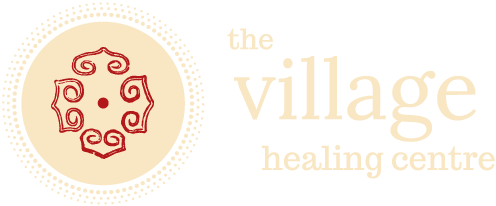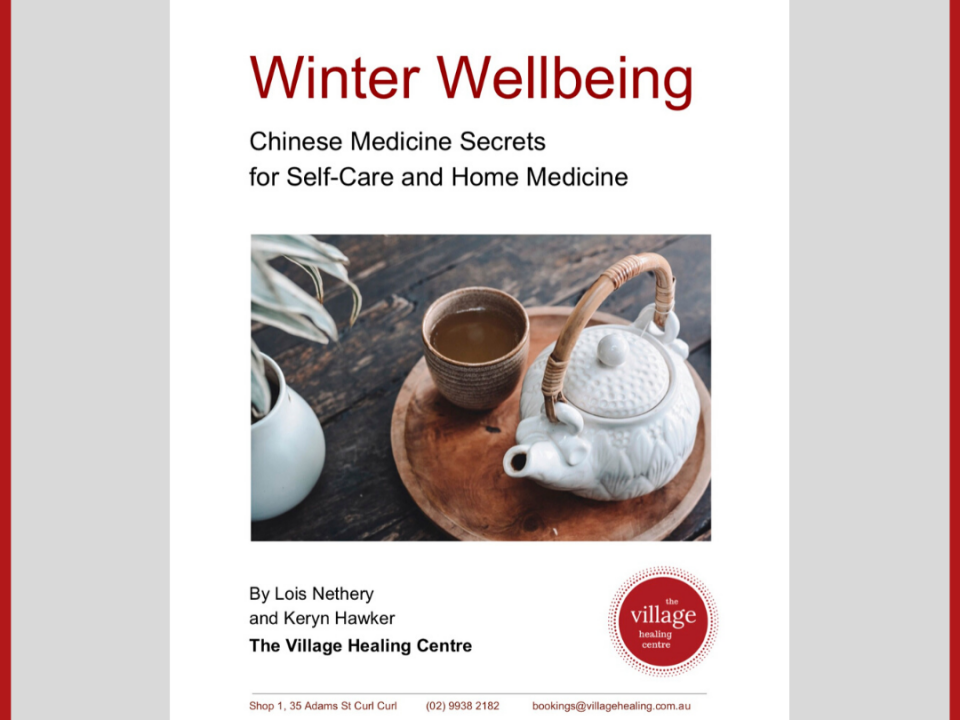Exercise and the Breath: Secret to Vitality

Here is a simple secret to strengthening your vitality, boosting longevity and giving you an efficient workout.
It’s all to do with the breath…
In many ancient traditions, breath equals life.
When we take a breath in, it is called “Inspiring”. “Inspiration” also means to fill the mind and heart with light and grace. It comes from the Latin “in” (in) + “spirare” (to breathe).
So that’s the first clue…
The in-breath fills the heart and mind with pure energy. In Chinese medicine we call this the “Spirit”. And “Spirit” is another English word that derives from the Latin for “breath”.
Breath is “spirit” coming into the body, into the heart and mind
Going deeper, “Breath” comes from old English and early German, meaning “smell”. This is the next clue – not taste, but smell, suggesting that:
Breath is designed to enter through the nose
The opposite of this, to breathe out, is to “Expire”. This also means to expend the last breath, the end of life. Another word in Latin associated with “expiration” is “Vapour”.
Breath leaving the body is life leaving the body and this life is vapour, air with a hint of water
And here’s another clue related to vapour – the word “Vapid” means flat, dull and lifeless. Vapid means the vapour has gone. It comes from Latin vapidus, meaning literally “that has exhaled its vapor.”
Lifeless means having no vapour, no air+water, no Spirit
So when we move the body, we want to bring life in, bringing in spirit. And this spirit needs to connect with the root of our self, it needs to then circulate around the body, spirit-air-water.
But when we breath out we shouldn’t lose too much “vapour” – we need to keep water in and not lose it. Maximise Spirit coming in, and minimise spirit and vapour going out.
We need to circulate spirit and retain water. This is the secret to vitality while exercising.
In yoga, the aim is to enrich, balance and circulate the “Prana“. Prana means “breath” and “life”.
In Chinese medicine, the same – but we use the word “Qi” (chi). Qi is difficult to translate to English but its various meanings include:
Breath, air, smell, spirit, steam, life-energy
Here we see the same clues – breath, air and spirit that come into the body. Steam or vapour that is air plus water. And smell… it’s talking about breath that enters through the nose. This is the vitality that is the source of ongoing life.
There are literally thousands of ancient practices of working with the breath that foster peace of mind, vitality and longevity.
And the good news is, you don’t need to go to a mountain retreat to get a taste of the power and beauty of breath-work. You don’t even need to sit in meditation.
In fact, if you’re among those people who find that the best way to manage your stress is through regular physical exercise, then this tip is perfect for you.
Or if you’ve got a different relationship with exercise, for example if you’re trying to start an exercise routine but don’t really enjoy it, this may well be the key that unlocks joyful movement for you.
How to do it
It’s simple – whichever exercise you choose, ensure you breathe through your nose the whole time. You may find that you need to reduce the intensity as you build up a new relationship with the breath while exercising.
As soon as you start mouth-breathing, slow down until you’re comfortable breathing through your nose, then continue at that pace. Gradually increase intensity if you wish, so long as you continue breathing through your nose throughout.
The perfect way to feel the benefit of nose-breathing is through an exercise practice that is:
- Solitary or casual with friends, and open to being paced – don’t try this straight away in a class or bootcamp, unless you don’t mind reducing your intensity quite a bit to find your “sweet spot”. And a team sport may be tricky at first because others depend on you. You should pick an activity that allows you to play with the pace as you develop your newfound endurance.
- Practiced with the nose available – no trying this with freestyle swimming, at least at first! You could use it with backstroke, breaststroke or kick-boarding though.
Some exercises to try with nose-breathing:
- Walking
- Stretching
- Cycling
- Running
- Stair climbing
- Martial arts
- Skipping
- Dancing
- Home workouts
- Yoga or Pilates (though these often have special breath work)
- Weight lifting usually requires special breath work, but if using light weights with many repetitions you could try using nose-breathing.
Chinese Medicine theory of nose-breathing
We bring “life” into ourselves in various forms:
- Food and water
- Breath
- Images, smells, sounds, tactile sensations, tastes
- Love from our close relationships and satisfaction from doing beneficial work in the world
“Life” in these different forms enters into your body. Deep within, your “Centre” grasps and assimilates this life-energy and then circulates it within your body-mind, within you, allowing you to experience “this life” and “this moment”.
The sense organs and the nose draw in “insubstantial” energy – images, smells, air, sounds etc – “spirit-like” forms of nourishment.*
By maintaining a circuit of nose-breathing during exercise, you are creating a “hunger for spirit-like energy” within your body. When you draw this in through your nose and let it out through your nose, you are maximally circulating “spirit” through your entire body, perfusing every tissue, organ and cell with light, pure energy.
You will probably also find that you can exercise for longer without sweating as much – retaining precious life-infused water (“vapour”) within.**
We have an appetite for this “spirit-like” energy, it’s just that we’ve forgotten how to nourish ourselves with it. Nose-breathing while exercising is an ideal way to get back in touch with this appetite, gaining a new dimension to your life.
Your body learns to crave what is good, and you can develop your appetite for this nourishment, while enhancing your physical fitness at the same time. Sounds good!
The Western view
So, is all this just fanciful thinking? Well, in the language of modern science, nose-breathing while exercising can:
- Lower your blood pressure
- Reduce stress and anxiety by lowering the stress hormones adrenaline and cortisol, and releasing mood-boosting hormones like serotonin
- Balance your sympathetic and parasympathetic nervous systems (Mouth-breathing can stimulate the fight-or-flight stress response. Nose-breathing stimulates the peace-and-calm relaxation response.)
- Improve athletic performance
- Improve mental focus and boost brain health
These are all manifestations of increased circulation of “spirit-like” energy in the body-mind.
Try it for yourself!
See this Mercola article for more information from a Western perspective.
(Please take caution with any medical conditions when you are starting or altering an exercise routine).
* The mouth draws in “substantial” energy, dense material that needs to be transformed from food and drink into our vitality. This uses a different aspect of the body’s assimilation ability. So, why can we take in air-energy through both nose and mouth? Maybe it is Nature’s safety mechanism – if the nose is blocked, for example if it is protecting us from viruses because we have a cold, then the mouth is available to take in air, as a back-up measure. We can go for days or weeks without water or food, but only minutes without the spirit-like nourishment received with air.
** Nose-breathing itself retains vapour – try this experiment: take a breath in and then breathe out via your mouth onto a window. Now take the same sized breath and breathe through your nose onto a window. Notice which steam patch is smaller!



